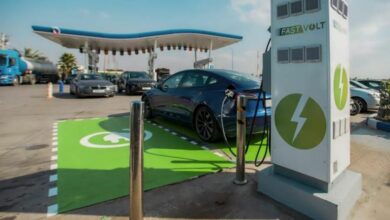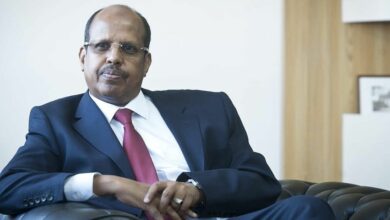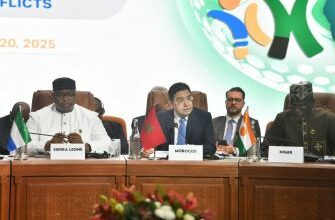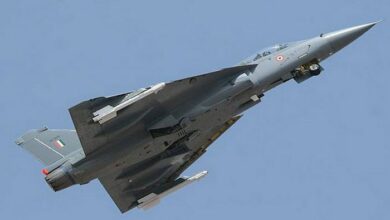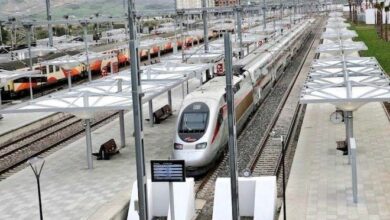Zuma firmly defends his visit to Morocco: The South African flag belongs to the people, not the government
Zuma firmly defends his visit to Morocco: The South African flag belongs to the people, not the government
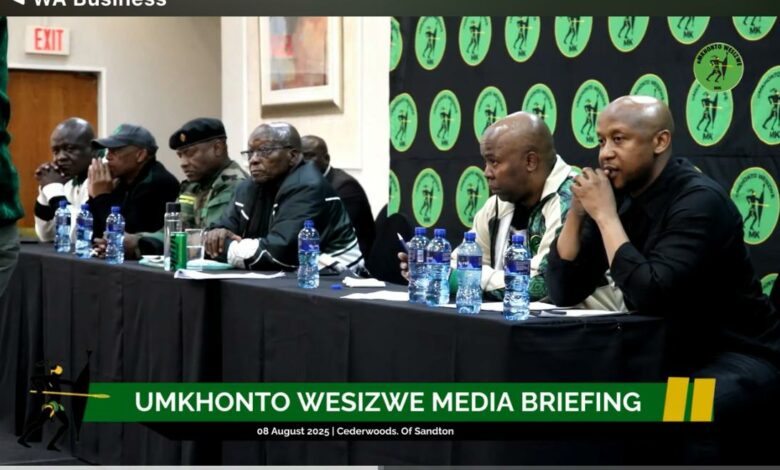
ALDAR / Sarah El Oukili
Former South African President and leader of the Umkhonto we Sizwe (MK) Party, Jacob Zuma, has sparked a heated political debate in his country following his visit to Morocco, after the South African national flag was seen alongside the Moroccan flag during his meeting with Foreign Minister Nasser Bourita in Rabat in mid-July.
At a press conference held in Johannesburg alongside his party’s leadership, Zuma rejected the criticism directed at him, stressing that “the flag does not belong solely to the government; it is a symbol for all citizens,” adding that every South African has the right to raise it anywhere, anytime.
Speaking at another press conference in Sandton, near Johannesburg, on August 8, 2025, Zuma responded confidently to the government’s attacks, saying: “The flag is not the property of the government; it is the symbol of all South Africans.” He added that raising this national symbol in Morocco was not a diplomatic breach but rather an expression of his people’s identity and belonging, wherever they may be.
Zuma recalled that Morocco holds a special place in South Africa’s history of struggle against the apartheid regime, being one of the first African nations to support the liberation movement and host Umkhonto we Sizwe fighters since the 1960s. He stressed that his visit aimed to revive these historical ties and to reaffirm that relations between peoples run deeper than temporary political disputes.
Despite protests from the South African Department of International Relations, which described raising the flag during an unofficial meeting as “inappropriate,” Zuma believes this stance reflects a narrow view of diplomacy — one that limits it to official channels while overlooking the power of people-to-people diplomacy in building bridges between nations.
Fierce criticism from leaders of the ruling party — including ANC Secretary-General Fikile Mbalula, who branded him a “traitor” — did not deter him. Instead, it strengthened his resolve to continue what he calls “the path of free African communication,” away from narrow political alignments.
For Zuma, raising the flag in Rabat was not just a symbolic gesture; it was a political message reaffirming Africa’s shared destiny and the importance of respecting the sovereignty of states — foremost among them Morocco, which he views as a natural partner for South Africa in building a continental future based on cooperation and mutual respect.
With this stance, Zuma opens a broader debate: Who truly has the right to represent the image of the country abroad — the government alone, or the people in all their diversity? For him, the answer is clear: national symbols belong to the nation, and protecting them means using them to foster closeness, not to inflame divisions.

